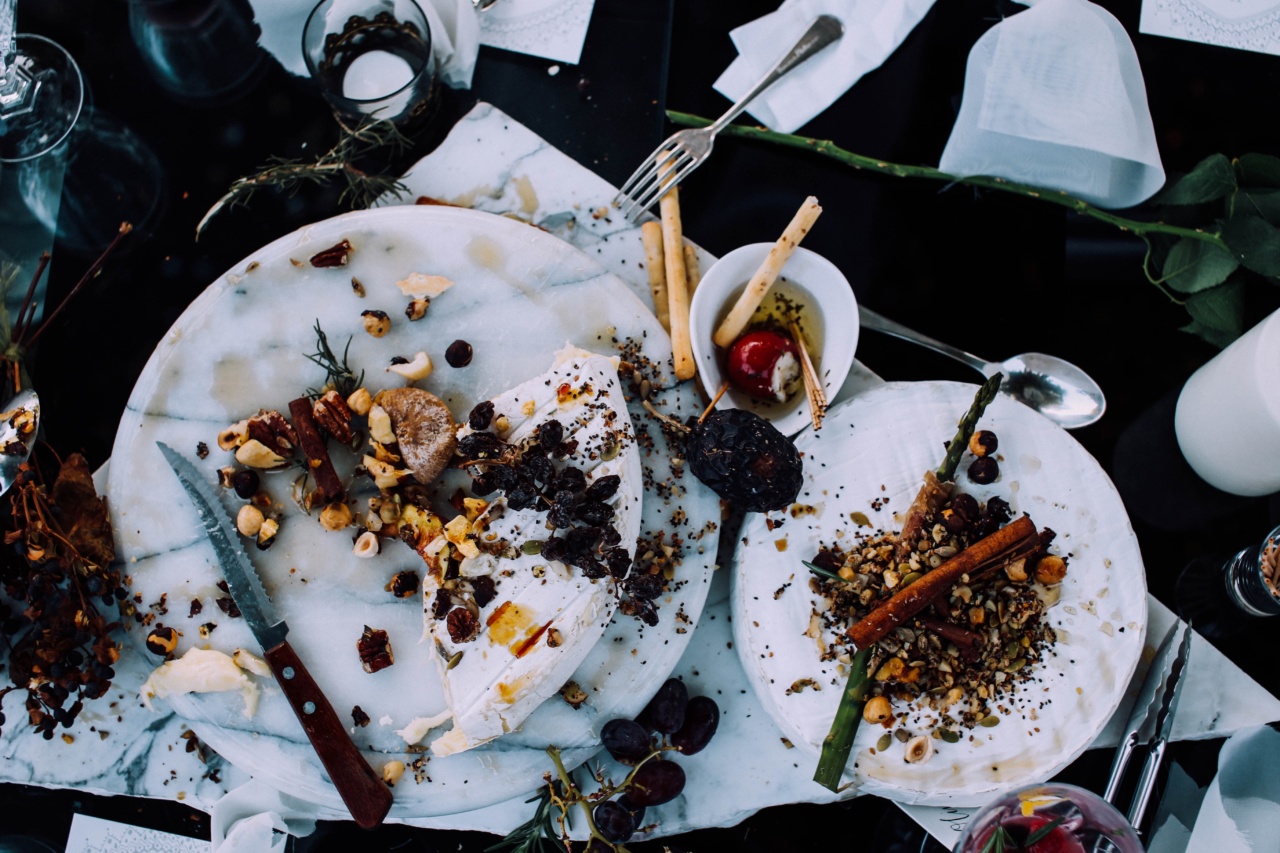Hiccups are not uncommon and usually last only a few minutes. However, if they continue persistently, they can become a frustrating experience. There are several reasons why you may get hiccups, and one of the most common reasons is eating.
What Are Hiccups?
Hiccups are involuntary contractions of the diaphragm muscle that separates the chest cavity from the abdomen. As this muscle contracts, the vocal cords close, resulting in the characteristic “hic” sound.
Generally, hiccups are not a cause for concern, but in rare cases, they can indicate a more serious underlying medical condition.
Types of Hiccups
There are two types of hiccups: acute and persistent.
Acute Hiccups
Acute hiccups usually last for a few minutes or hours and can be easily resolved by simple home remedies like holding your breath or drinking water.
Persistent Hiccups
Persistent hiccups, also known as intractable hiccups, last for more than 48 hours and can indicate an underlying medical condition.
Persistent hiccups can be caused by several factors, including nerve damage, infections, and metabolic disorders, among others.
What Causes Hiccups After Eating?
Eating too quickly can cause hiccups, but there are several other reasons why you may get hiccups after eating. Here are some common causes:.
Eating Spicy Foods
Spicy foods can irritate the lining of the esophagus and cause hiccups. Capsaicin, the active ingredient in chili peppers, can stimulate the diaphragm muscle and lead to hiccups.
If you are prone to hiccups, avoid eating spicy foods or reduce the amount of spice in your meals.
Overeating
Overeating can cause your stomach to expand and put pressure on the diaphragm muscle, leading to hiccups. If you tend to get hiccups after eating, try to eat smaller meals throughout the day rather than one large meal.
Drinking Carbonated Beverages
Carbonated beverages like soda and beer can cause hiccups. The carbonation causes the stomach to expand, putting pressure on the diaphragm muscle and causing hiccups.
If you are susceptible to hiccups, try to limit your consumption of carbonated beverages.
Drinking Alcohol
Alcohol can irritate the esophagus and stimulate the diaphragm muscle, leading to hiccups. If you tend to get hiccups after drinking alcohol, try to limit your intake or avoid it altogether.
Acid Reflux
Acid reflux can irritate the esophagus and cause hiccups. The acid from the stomach can enter the esophagus and irritate the diaphragm muscle, leading to hiccups. If you suffer from acid reflux, speak to your doctor about treatment options.
Swallowing Air
Swallowing air can cause hiccups. This can happen when you eat too quickly, talk and eat at the same time, or chew gum. When you swallow air, it can cause your stomach to expand, putting pressure on the diaphragm muscle and causing hiccups.
Medical Conditions
While rare, there are some medical conditions that can cause hiccups after eating. These include gastroesophageal reflux disease (GERD), gastrointestinal (GI) tract tumors, and hiatal hernia, among others.
If you are experiencing persistent hiccups after eating, speak to your doctor to rule out any underlying medical conditions.
Conclusion
Hiccups are a common occurrence and usually not a cause for concern. However, if you are experiencing persistent hiccups, it is important to speak to your doctor to rule out any underlying medical conditions.
In the majority of cases, hiccups after eating can be resolved by avoiding spicy foods, limiting alcohol and carbonated beverage intake, eating smaller meals, and avoiding swallowing air.





























